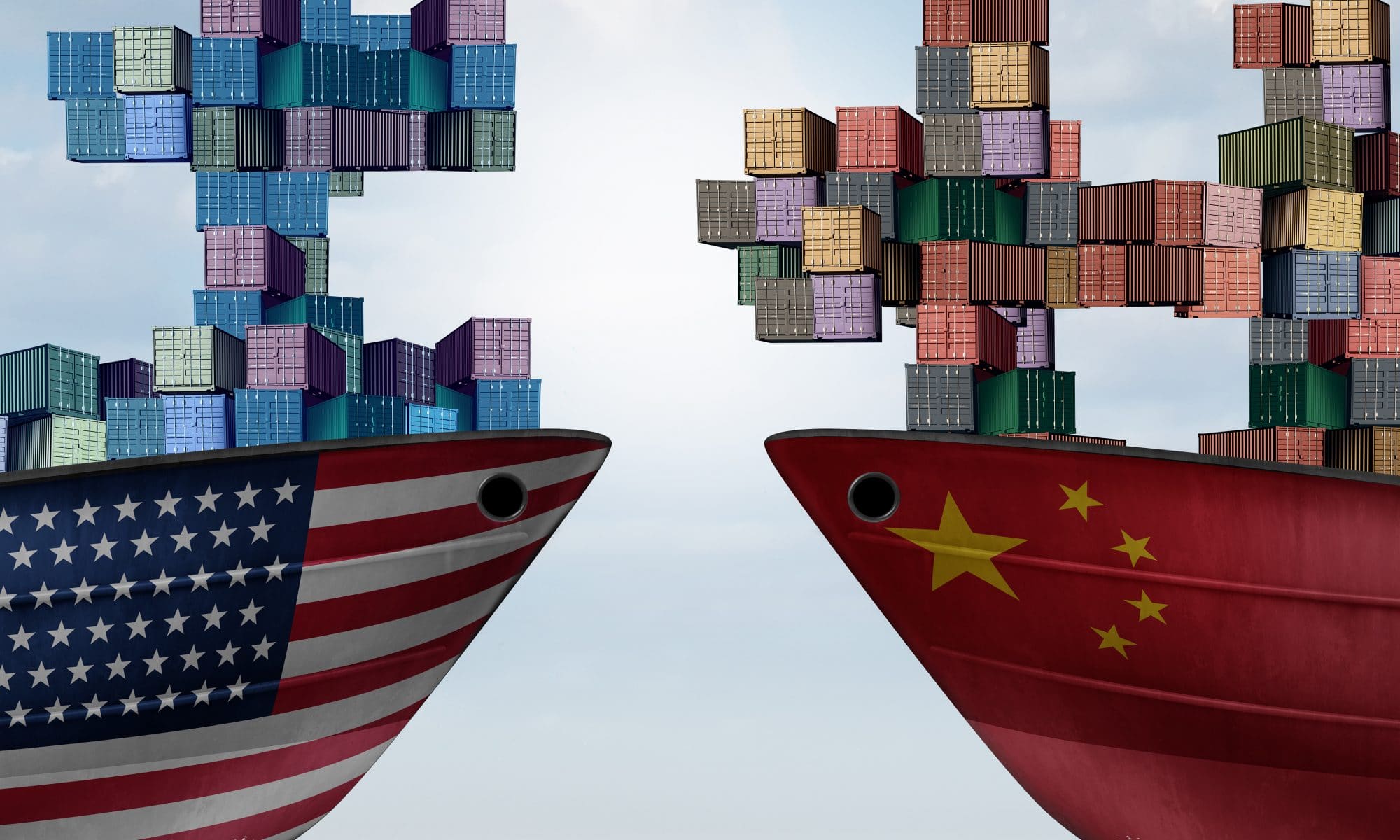Potential progress on a U.S. and China trade deal rippled through the market Monday morning, with soybeans shooting 18 cents higher on the Chicago Mercantile Exchange.
President Donald Trump tweeted “China has agreed to buy massive amounts of ADDITIONAL Farm/Agricultural Products- would be one of the best things to happen to our farmers in many years!”
The president followed up with another tweet less than two hours later, saying “Under our potential deal with China, they will purchase from our Great American Farmers practically as much as our Farmers can produce.”
However, it’s a trade truce, and not a trade deal, that’s reality today. Treasury Secretary Steven Mnuchin said over the weekend that the trade spat between the U.S. and Chain is on hold, with a possible framework that could boost U.S. ag exports by 35 to 40 percent yet this year.
Since the agreement isn’t signed, USDA leaders are vowing to take a cautious approach, trying to not become “overly excited” or make predictions on what this trade deal could mean.
“I continue to be very cautiously optimistic, repeat very cautiously optimistic,” said USDA Under Secretary for Trade and Foreign Agricultural AffairsTed McKinney. “Most details relative to where we land on major trade agreements are not complete.
McKinney says there are rumblings surfacing that U.S. Commerce Secretary Wilbur Ross is planning a trip to China next week. It’s a trip not locked in, but Ross plans to lead a delegation back to Beijing to work through a possible trade deal. McKinney says agriculture will be at the top of the list of items to work through.
Despite the president making bold statements about China purchasing “as much as our Farmers can produce,” McKinney knows business transactions still need to take place.
“Ultimately these are largely not government to government transactions,” said McKinney. “We can help set structure and help set expectations – and we’re very happy and fully engaged to do that – but market based demand is going to be a big factor.”
McKinney thinks the trade agreement framework sets the stage for bolstering trade to China, however, he’s looking for more concrete solutions to possibly come from Ross’ trip next week.
“I’m not aware of any specific commodities have been discussed, but I think the door is fairly wide open for those to pick up next week and for that I’m grateful and excited,” said McKinney.
McKinney says while he likes the president’s enthusiasm about trade ground that could be gained from a deal, he views the president’s optimism as more of a challenge for U.S. agriculture.
“I do not want people to get overly excited; I think we should be very cautiously optimistic,” said McKinney. “I’ll remind people that we’ve seen this before, and sometimes the excitement generates benefits and realities and sometimes it does not. And so, until we get through next week or perhaps following weeks – it may take two or three rounds of this – I’m going to refrain from saying anything more than I’m cautiously optimistic.”
